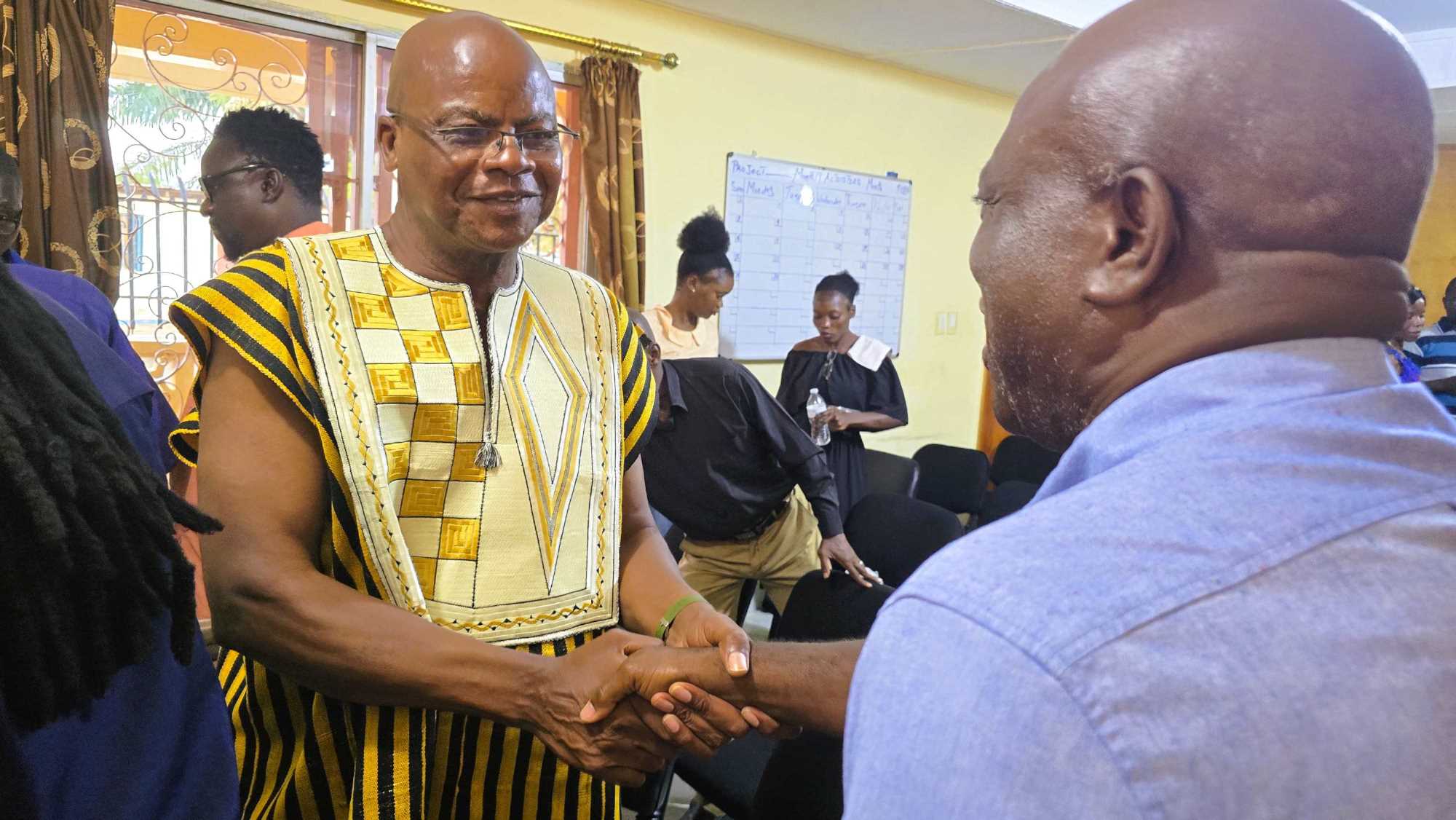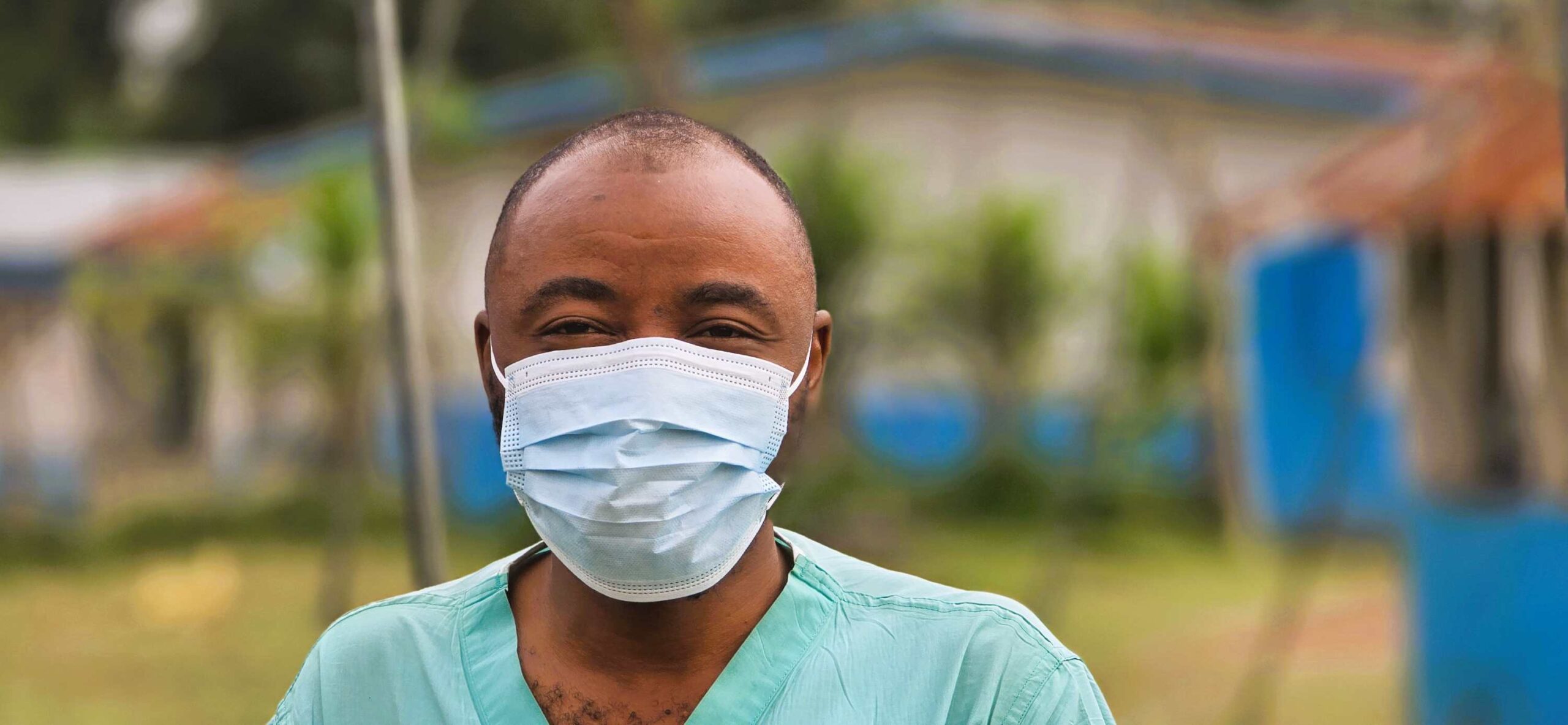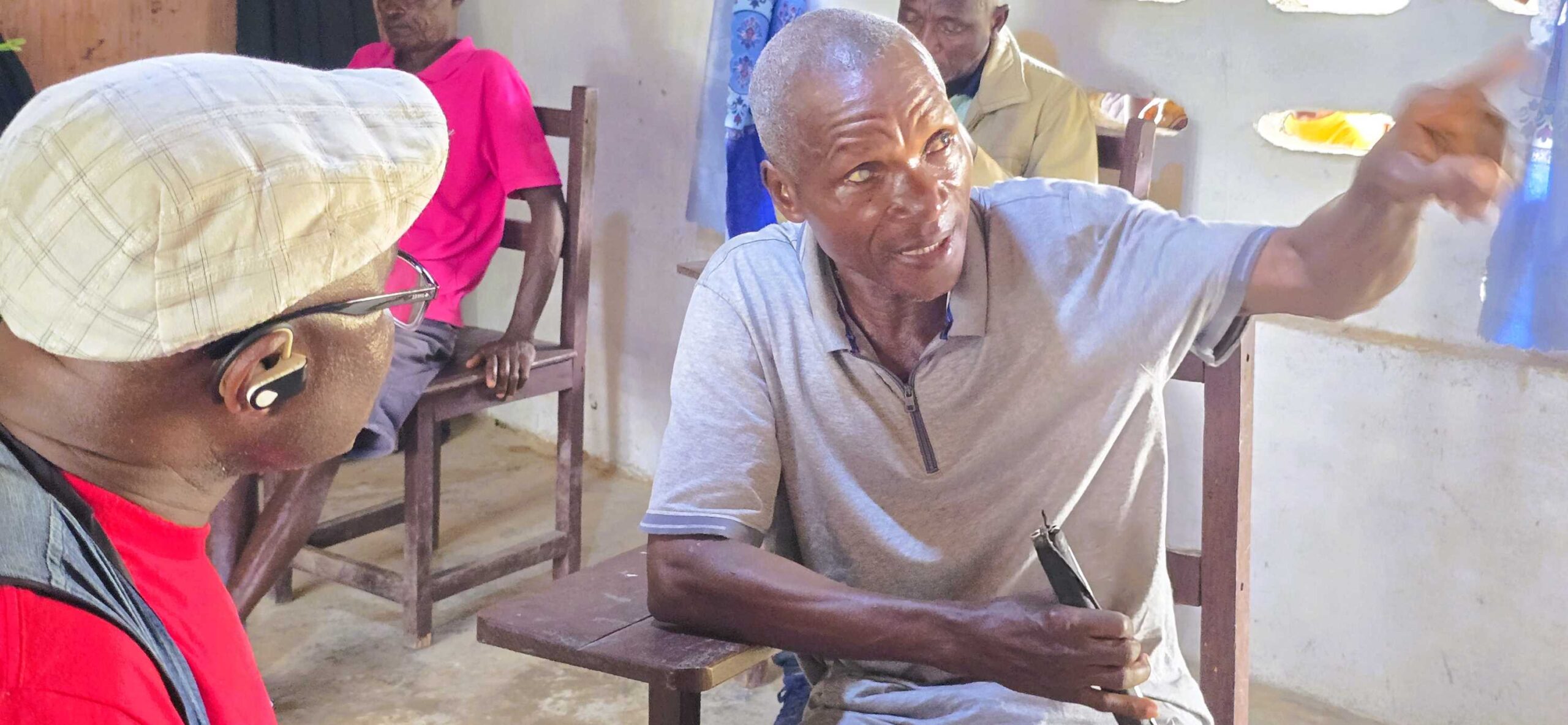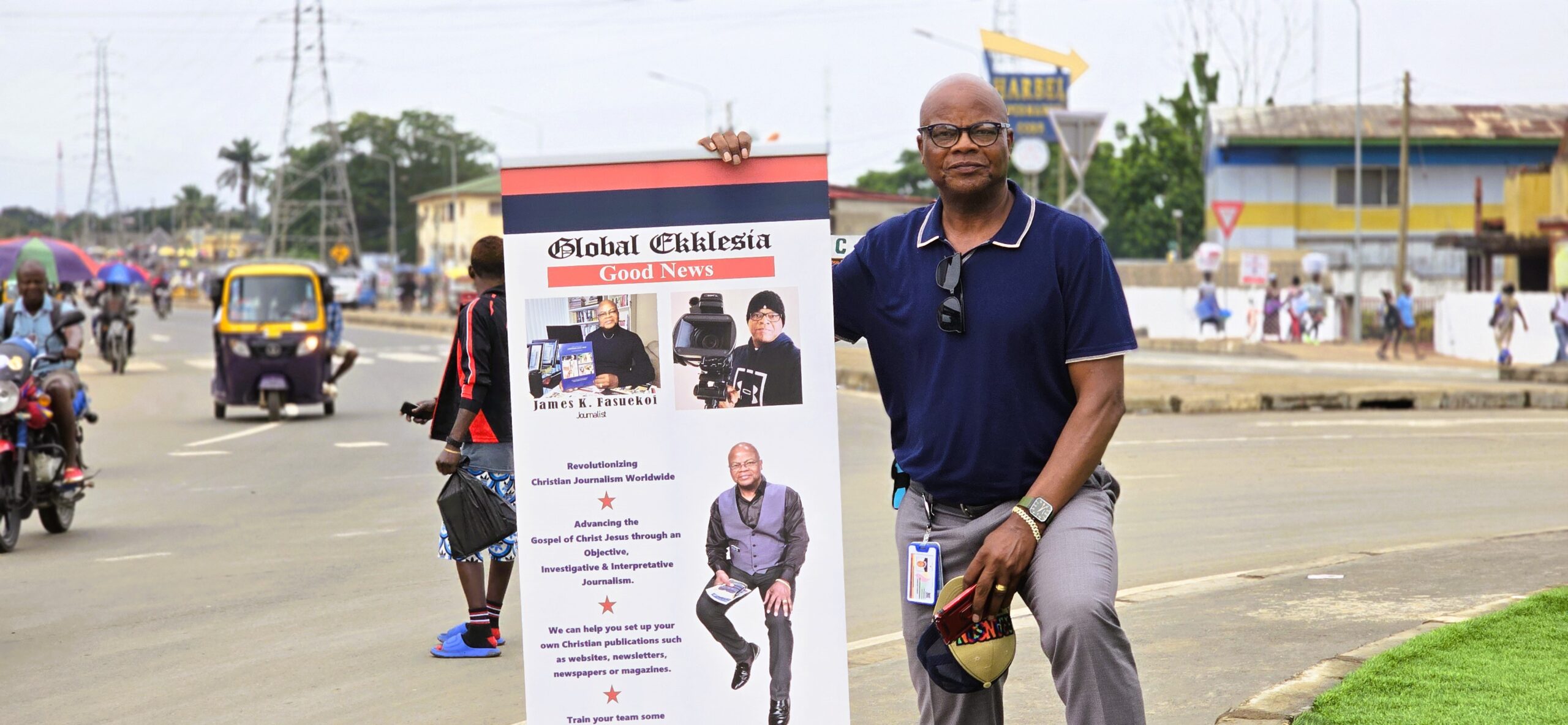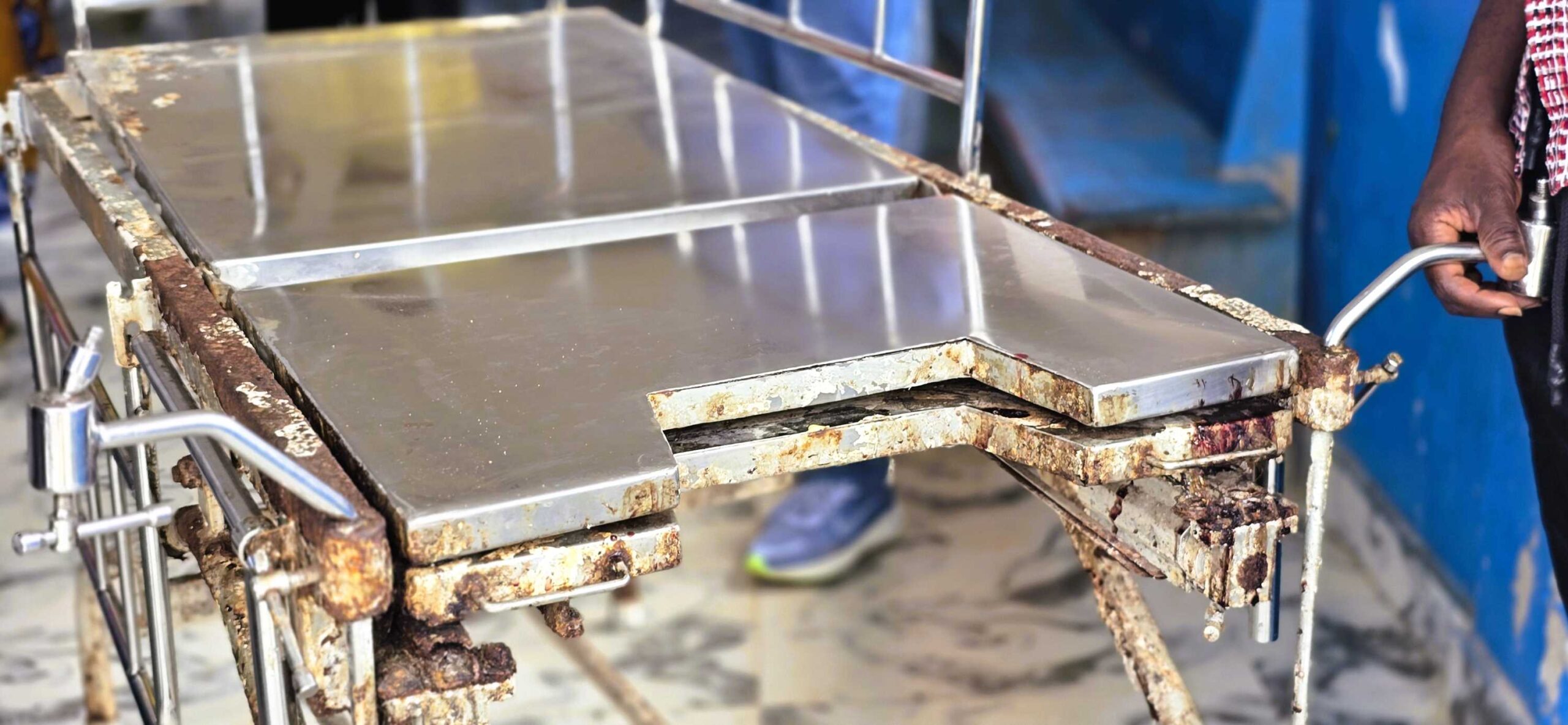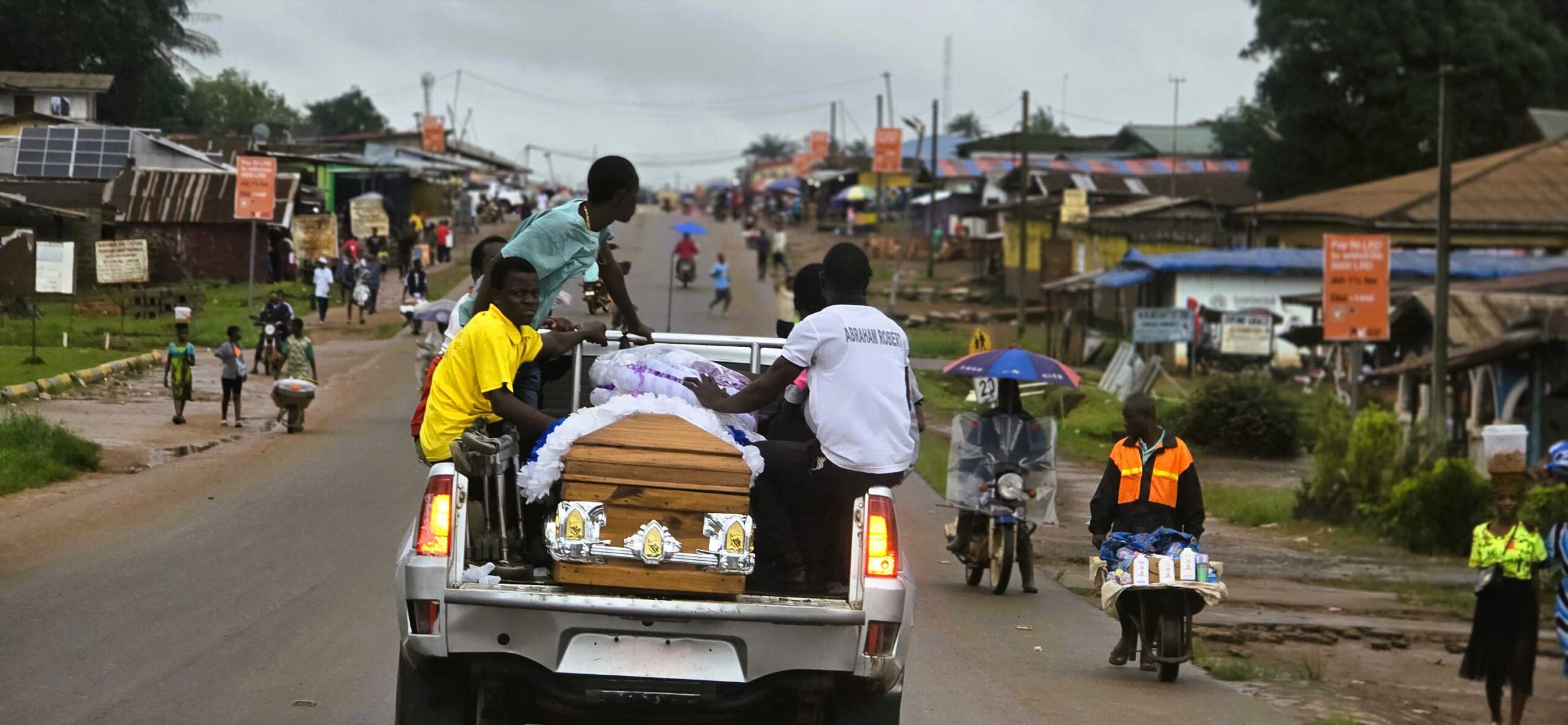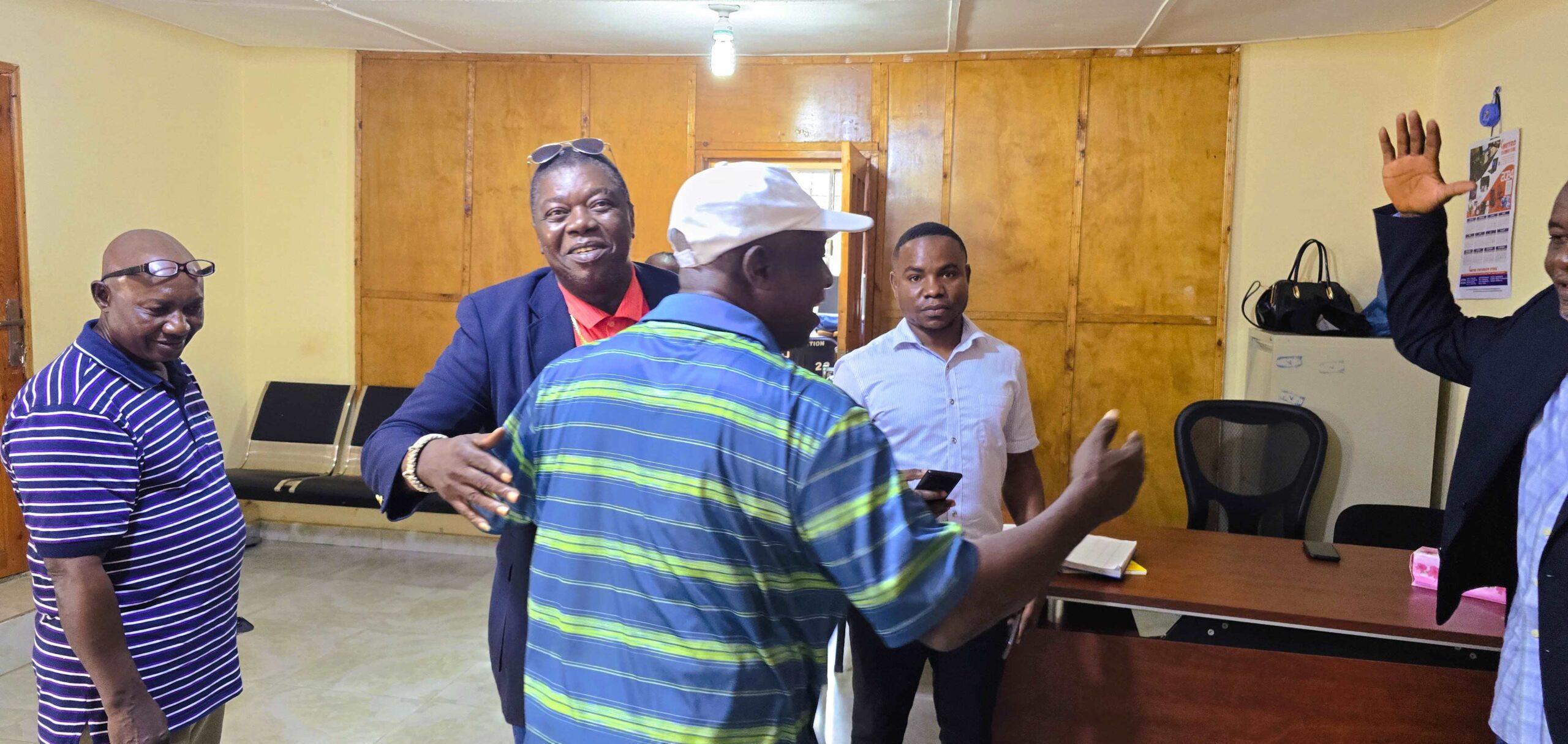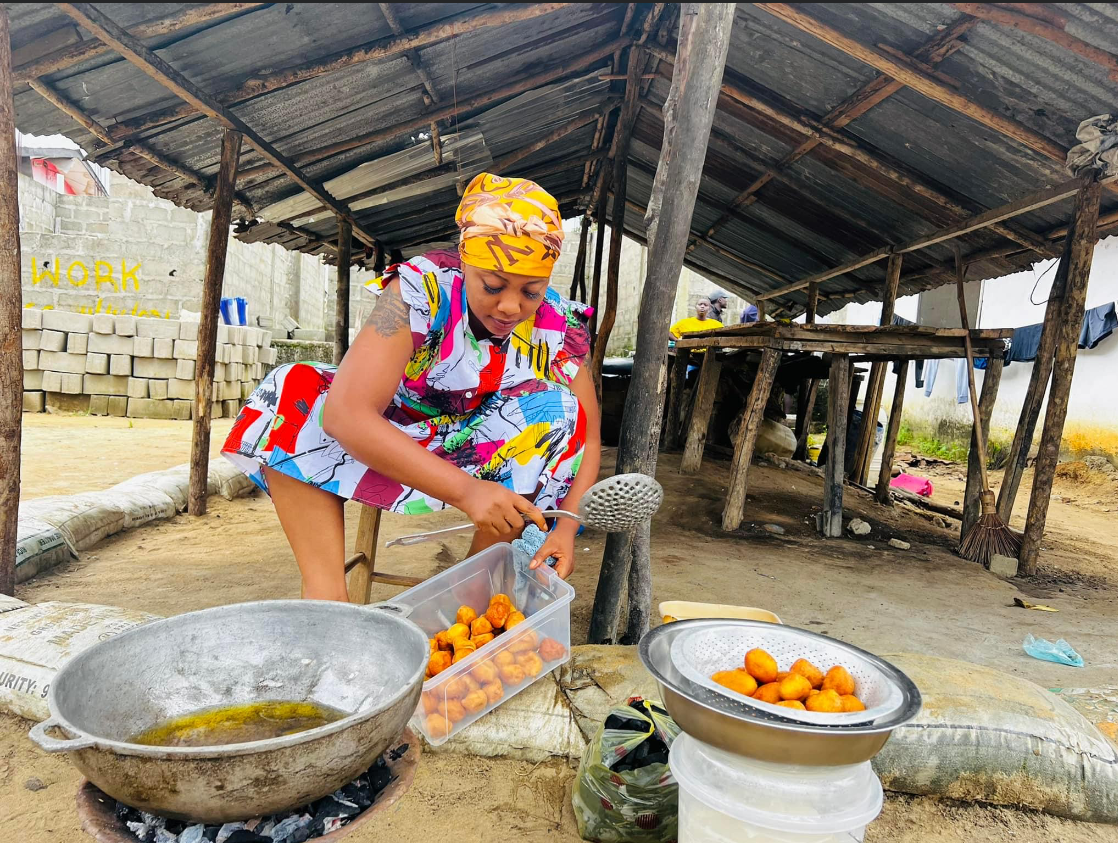Liberia’s drugs problem and the painstaking journey to healing the wounds of war
In this special feature, Global Ekklesia examines the life of less-fortunate Liberians general society continues to shun and stratify as “Zogo.” We also look at how one farsighted young woman and her new group known as LORMA-GIE-TIA, race against time to rescue many of these folks-now drug addicts-from the ghettos and streets of Liberia before it’s too late.
PART: I

By James Kokulo Fasuekoi|Editor-Publisher
Editor’s Note: Except where noted, all photographs are credited to the Lorma-Gie-Tia & Coffee With JOJO social media.
Proverbs 3:27 “Do not withhold good from those to whom it is due, when it is in your power to act.” Galatians 6:2 “Carry each other’s burdens, and in this way, you will fulfill the law of Christ.”
These days, when Josephine Kolubah isn’t running her private business in the Liberian capital of Monrovia, she’s busy trying to take drug addicts off the streets and get them enrolled in a rehab or detox program in order to change their life habits for a better future.
If that isn’t the case, Josephine might be around town or in the suburbs trying to review progress of her clients already enrolled in her rehab treatment. Or still, she could be somewhere in Kakata, outside of the capital, (as she did a few months ago), arranging a friendly soccer match among Kpelle and Lorma for unity’s sake.

Now, many adults and youths living in the capital, a city of over 1 million, have been drawn to Josephine’s social services, and are requesting help with detox so as to transform their own lives for a better future.
A middle-age guy of Lorma background for instance, posted a video clip of himself to social media months ago and asked Josephine and her team to rescue him. In a dimly lit secluded area he could be seen puffing out smoke and holding what seemed to be marajiwana.
Prior to this incident, Josephine and her group were spotted on a stakeout in a live video, trying to locate a fellow named “DJ Coughing” found to be in despair and needing help too with detox. The social worker had heard of “DJ Coughing” by word of mouth apparently through his neighbors.

Soon, Josephine, who goes by “JOJO” was out at dawn, driving around neighborhoods and checking for “DJ”. On her team this time was Liberia’s celebrated Gospel singer, Florence Ballah-Koiboi, along with some of those already on treatment.
It’s not clear if DJ Coughing was found or not. However, this is how tough things can go for the guys wanting to be set free from drug use, and JOJO herself, moved by love and humility to offer a second chance to less fortunate peers in the war-battered country where there isn’t a first chance.

There are a few rehab clinics in the country so far and each charges anywhere from US $250.00 to $300.00 for the detoxing process or procedure. Duration could take 1 to 2 months, depending how “chronic” the patient’s condition is, according to Dr. Lawrence Zumo, an American Academy of Neurology fellow in Baltimore, Maryland, USA.
Certain clinics or rehab centers in Liberia require patients to remain at their rehab till treatment is finished. CENDLIB of Paynesville, Liberia (owned by Dr. Zumo and his wife), is among clinics that let patients stay at site while treatment goes on. This is so in case an emergency arises such as “collapsing” which can’t be ruled out, says Dr. Zumo.

As of the time of this writing at least eleven Liberians had benefited from “JOJO Hope House of Substance Freedom” program in Joe Bar Community, Paynesville, while thirteen more persons are undergoing “treatment right now at the facility” wrote Josephine, in a text in reply to a question from Global Ekklesia last week.
Proverbs 3:27 “Do not withhold good from those to whom it is due, when it is in your power to act.” Galatians 6:2 “Carry each other’s burdens, and in this way, you will fulfill the law of Christ.”

This move by the social activist and her new group, the LORMA-GIA-TIA meaning, “WE THE LORMA PEOPLE”, is a huge help meant to restore the lost poor souls who have no means of raising $300,00 each, for detox fees in a nation some still live on $US 1.00 per day and with day’s labor charge at US$5.00.
A glance at Zogo “life”
Dubbed discriminately by society as “Zogo,” these less fortunate folks continue to be ostracized by the very society in which they live because of some bad choices each may have made along life’s journey. As a result of such social stratification most people, including their own families, careless about them and remain unwilling to engage them in any manner.
Liberian society generally treats Zogos as “untouchable” no different from the scornful manner that people treated Liberians who live in leper colonies and afflicted by leprosy prior to the civil wars.

Like a leprosy disease, the stigma of being a Zogo in Liberia is enough to weigh down anyone. In fact, they admit how embarrassed and shameful they feel whenever people are shouting their name “Zogo” and tell kids to run and collect their buckets and clothes from the lines, whenever they (Zogo) go by.
“When they (locals) see us coming, they run to pick up their buckets and clothes and say the Zogos are coming. They call us rogues everywhere we go. It can hurt us, and we feel bad,” one man among them lamented at their first encounter with the social worker early this year.
Their exact number presently, may not be known in the country, but they might be in the thousands, living inside Monrovia. Their number upcountry too, may be gradually growing by the year since there appears to be no plan by the central regime to first deal with the drug crisis at hand in the capital.

The women among them are the ones who suffered the most, of all the stories told so far. Almost all said they have endured some kind of physical or sexual related abuses at the hands of strangers they encountered during the course of their “street-work” in order to make a living.
Besides physical abuse, some said they’ve occasionally received death threats from men when they requested or demanded to be paid “as agreed” initially, when the “deal” or party was over.
Another complained to JOJO in one of the recorded videos about how the guy not only refused to pay her for a “service” she provided him but that he viciously attacked her, seizing her personal valuables including money, she said she had labored to get “all that night.” As she explained, tears nearly rolled from her eyes.
Their stories of abuse, whether in ghettos, or in the streets, seem heart-wrenchingly and correlate with those of their peers who didn’t appear in the video except that some still manage to get a bath within a day or two and even do make-ups amid such a stressful but hopeless lifestyle while others say, they can go weeks without getting shower.

The women all remembered the first time they tried “drug use” they preferably called “the habit” and how it made them feel mellowed. They also record the one who led them into the drug-world: it was either a peer or boyfriend that provided the first set of supplies and as they became hooked, they themselves started to fetch for narcotics.
Heroin, fentanyl, crack cocaine, tramadol and codeine are some of the most popular drugs currently used in Liberia. Most are funneled to street buyers such as the Zogos from certain local hotels that Dr. Zumo refers to as “Dens of drugs.”
The most heartbroken thing about such a life for these women, is that most become incapacitated by drug-use that they become unable to good care to their young ones. This often leaves a heavy burden to the women’s own mothers who have to cater to the kids in most instances, or the children’s own biological fathers.
Genesis of the drugs problem
Liberia’s current chronic drug problem didn’t come by accident. In fact, it existed before the civil war broke out but on a small scale. Drug usage became exacerbated during the war; the time when the “demand” became extremely high among the warring parties. They secured large quantities for their fighters in order to have them fearless in battles.

Drugs weren’t restricted to adult rebels alone; child-soldiers, recruited by all of the warring factions were also drugged before being sent to the frontlines and the NPFL, mainstream ULIMO-J and ULIMO-K, INPFL and the LPC, fueled out drugs the more to their fighting men including their child-soldiers for bravely and moral boosting.
When the war ended, warlords turned their backs on their fighters. Not even a single warlord advocated for the welfare of the fighters in general, beyond national disarmament, although the warlords initially gave fabulous promises they would seek for them, free-housing, vocational schooling and even allowances, once they turned in their weapons.

Their former rebel-masters, unfortunately, failed to seek their “best interest” at the bargaining table; so too did the representatives of the United Nations, responsible for the disarmament exercises. The various parties mentioned nothing about “detoxification” of rebel-fighters and that was somehow a relief to the UN which seemed over exhausted with the Liberian quagmire and could no longer give nothing beyond a token to implement such a thing as detox.
In the end it helped to get the United Nations off the hook and the very strong men and women who had given up their lives, making those mortals popular and propelling them to power, were left in the cold. Like the people they had maimed, murdered and hurt, they too became “victims” of those brutal wars and with no help insight for them.

With no education or a solid career, in the aftermath of the war, they had no option but to turn to the use of drugs, a habit they all became accustomed to, once more terrorizing peaceful communities just as they had done for years. They did so not so much for fun but for their personal survival and to numb their hidden pains compounded by family rejection.
It didn’t take long when communities began to grapple with the reality of what came along by living with these folks. They soon carved a new name for “less-fortunate” folks engaged in petty criminal activities, calling them “Zogos” a title that has since clung to them. Recalcitrant school-dropped out youths, with a preference for wild-lifestyle, indulging in drug use now fall under the same stratification.
To be continued:




